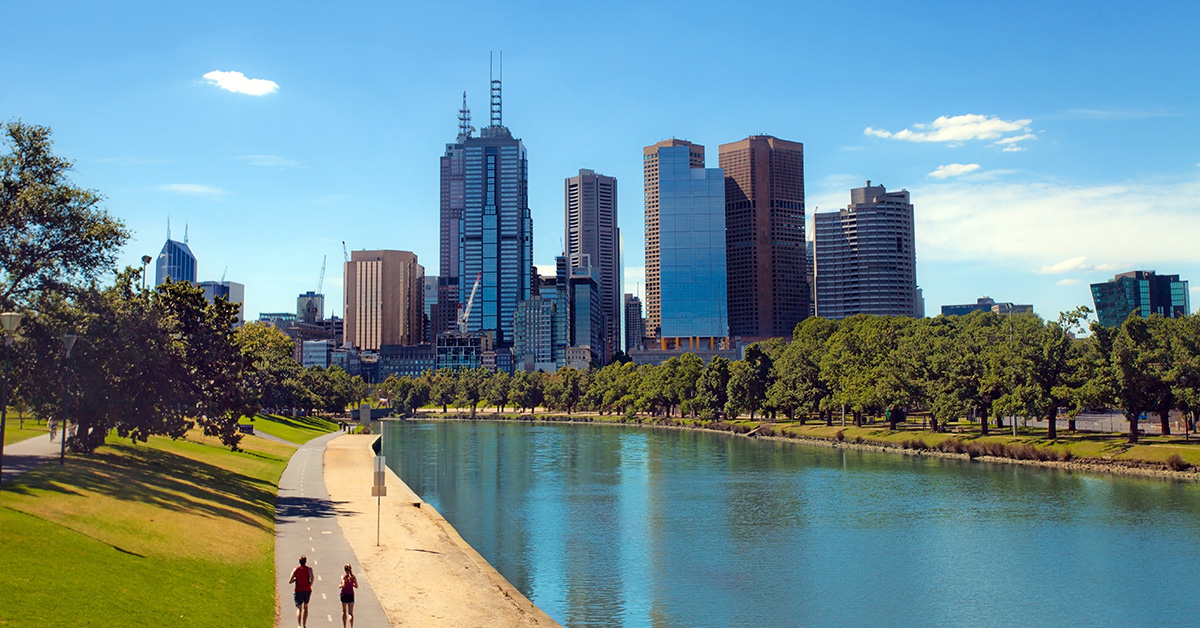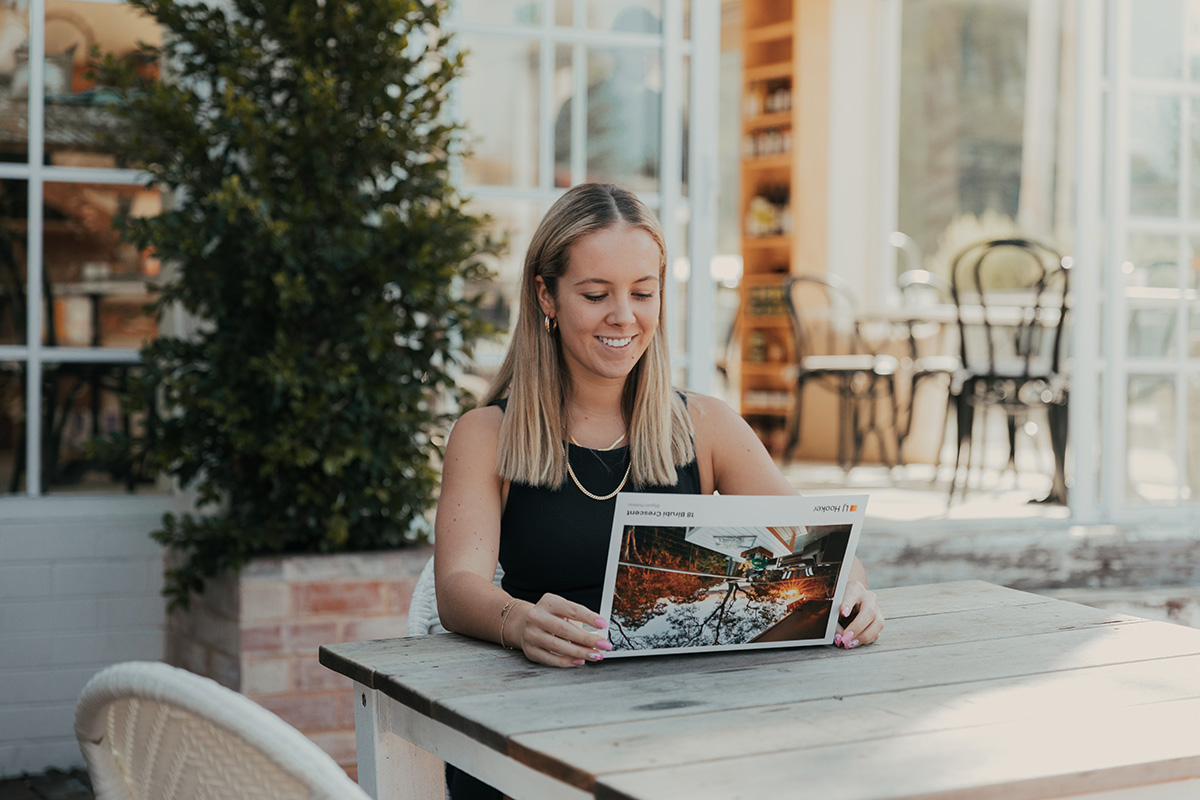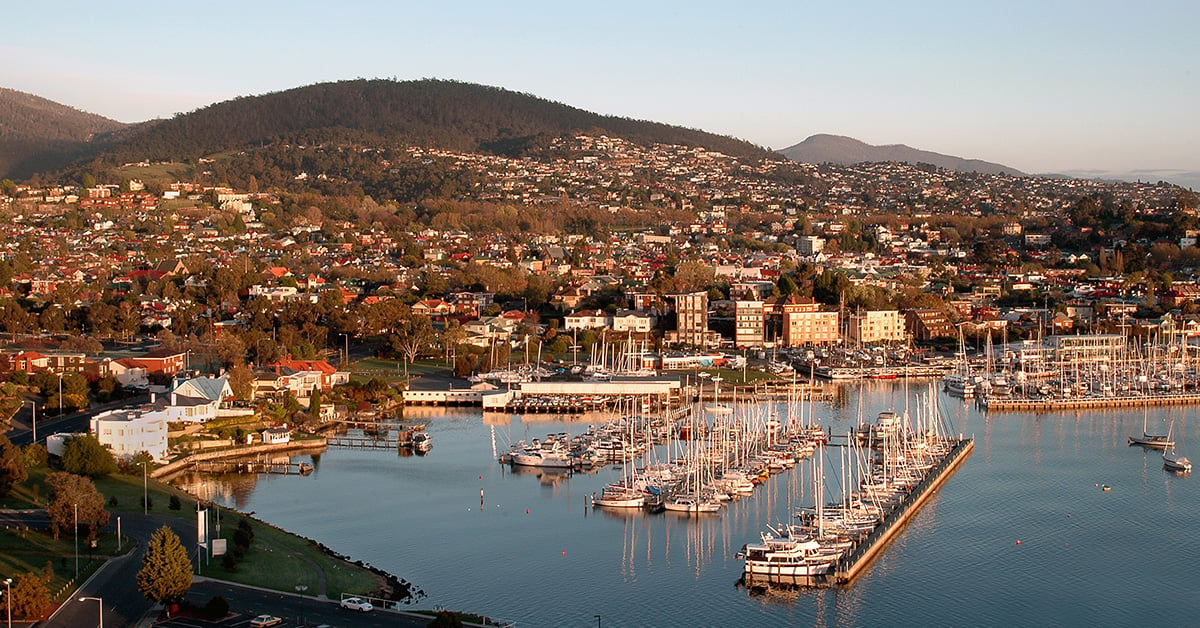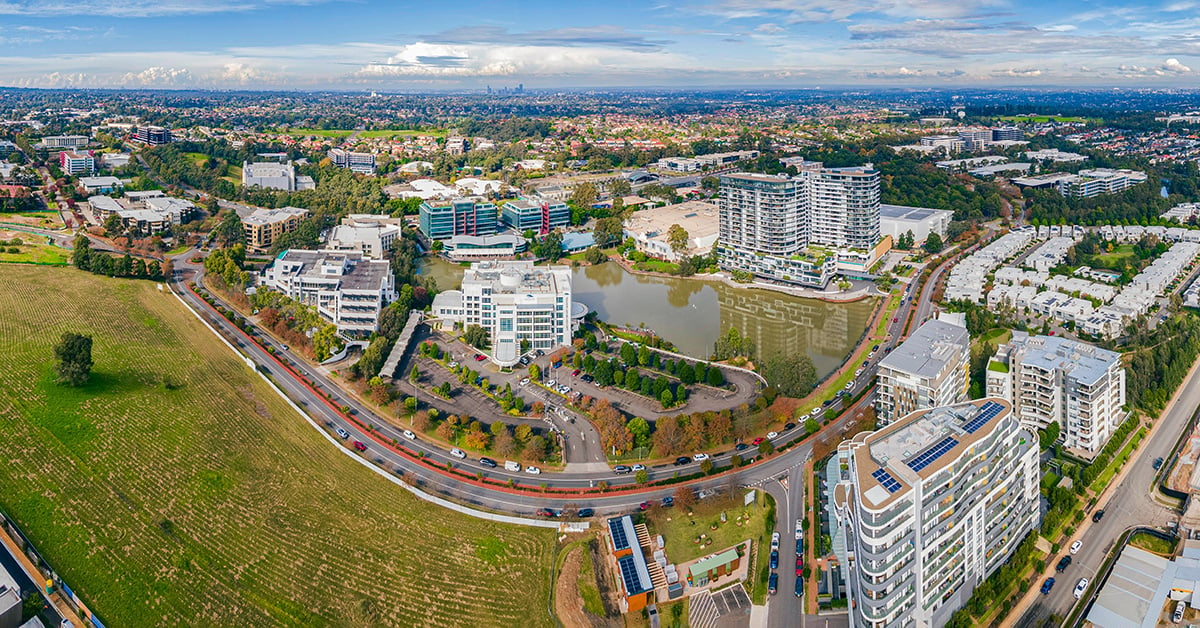First Home Buyers Guide for Victoria
A complete guide to buying your first home in Victoria
Buying a first home can be a daunting, difficult process. You may have heard of certain concessions to help get your foot on the ladder as a first-time buyer, but could be uncertain as to what they are. We at LJ Hooker will help guide you through the finer points of buying a first home in Victoria, from checking out potential houses, to sealing the deal.
Three ways to buy your first home in Victoria
Private Treaty
Purchasing a home by private treaty is a common way to buy. The vendor will choose a fitting price, and the real estate agent will then attempt to arrange a sale with interested parties for as close to the figure as possible after negotiations.
Tender
Buying a property through tender involves making a single offer, complete with a deposit of up to 10 per cent of the price. It's then up to the vendor to accept or reject the offer.
Auction
As with any auction, buying a house means meeting a reserve price - which is what the home must sell for at minimum. When bids climb higher than the reserve (as they often do) the largest bid wins. Once the auction is over, the winner is required to sign the contract there and then.
You can find out more by visiting the Victorian government's website for first home owners.
Figuring out finance
First things first - you'll need to know how much you can borrow. The more deposit you can save the better. Most lenders like borrowers to have minimum 20% deposit. You can secure a loan with a smaller deposit, but this can result in restrictive conditions being put on your mortgage. It's best to save as much as you can.
For example, a smaller deposit could see you hitched with lenders' mortgage insurance - sometimes, prohibitively expensive. Take a look at the MoneySmart website for more information, or speak to the team at LJ Hooker Home Loans, who can guide you through the process from start to finish.
The Victoria First Home Owner Grant
If you are buying your first home in Victoria, here are some essential facts you need to know as the Victorian Government has made some changes recently.
Victoria has two options for their First Home Owner Grant (FHOG):
- A payment of $10,000 is available to eligible first home buyers who buy or build their new home valued up to $750,000.
- A new increase to the FHOG is a payment of $20,000 for first home owners who buy or build their new home valued up to $750,000 in regional Victoria.
- Defence Force Personnel receive a special exemption under the FHOG as they are not required to live in their new home as their principal place of residence for 12 months as other first home buyers are, as they are often expected to serve abroad or live on base.
What is classified as a new home?
A new home as stated on the Victorian State Revenue Office website includes:
- A newly built home
- An existing property which is being sold for the first time as a new premises property
- A land and building package or
- Vacant land on which you will build a new home
Interested to find out what is classified as regional Victoria click here for the list of municipal councils in regional Victoria.
When does the FHOG come in effect?
The date you sign your contract to buy your new home is the key date to determine if what you are eligible
to receive under the First Home Owner Grant. Note the settlement date of the property is not relevant.
The $20,000 FHOG for purchases of a new home in regional Victoria will be available for:
- Contracts entered into from 1 July 2017 to 30 June 2020.
- The building of a home in regional Victoria where building works commence between 1 July 2017 and 30 June 2020.
- “Comprehensive home building contracts entered into from 1 July 2017 to 30 June 2020 by the owner of land wholly in regional Victoria, or a person who on completion of the contract will be the owner of land wholly in regional Victoria, to have a home built on the land”
Nb: If you signed a contract for your first home before 1 July 2017 you only be eligible for the $10,000 FHOG not the new $20,000 payment.
To find out more details on the types of homes / constructions that qualify and all other qualification criteria visit the State Revenue Office.
The hidden costs of buying your first home in Victoria
When buying a first home, it's accepted that you'll be paying certain fees along the way. Let's take a look at a few of them.
- Stamp duty The Victorian Government has announced some recent changes to this charge. If you entered into a contract from 1 July 2017 and the dutiable value of your property is $600,000 or less you are exempt from paying Stamp Duty which is great and if your home value is between $600,001 - $750,00 the State Government has announced a sliding scale of concessions to reduce the amount you will have to pay. To find out if you are eligible for stamp duty concessions visit the State Revenue Office.
- Victorian homes are exempt from land tax, unless they are used as an investment property or a holiday home. You can find out more about land tax on the State Revenue Office's website.
- Legal fees can range from anything between $500 and $3,000, depending on the complexity of contracts.
- Applying for a loan can incur a fee up to $1,000, but that's rare. Sometimes, the lender will waive the fee.
- Having a home independently valued will set you back around $300-$500.
- Should you borrow more than 80 per cent of your new home's asking price, lenders mortgage insurance could be charged. This one-off payment can amount to $10,000.
- A house inspection will cost around $300-$400. A strata report is a little less, at $200.
- Council rates and strata fees begin from settlement, and will set you back between $500 - $800.
By speaking to the expert team at LJ Hooker, we'll talk you through these fees in more detail.
Choosing your first house in Victoria
Property reports and research
Taking the time to research the Victorian property market will give you a better understanding of housing availability, how much it will cost, and other options you'll have as a first-time buyer.
- Your local LJ Hooker branch can provide you with information specific to your needs.
- The CoreLogic RP Data and Australian Property Monitor websites will show you the trends and current price shifts.
- Country-wide websites including domain.com.au and realestate.com.au can show you precisely what's up for sale, and its asking price.
By preparing properly, you'll be able to get a clearer idea in mind of your ideal home. Whether it's a studio flat in a city centre, or a larger house in the suburbs, proper research can help you choose.
Where should you look for a home in Victoria?
As for the actual property search in Victoria, contacting your local LJ Hooker real estate agent is a great place to start. They know the local market intimately and would love to help you find your dream home.
As well as the sites like Domain mentioned earlier and realestate.com.au, local and state newspapers can be very useful for finding more information. More affordable suburbs tend to be on the fringes of the city or in regional areas, but the advice and experience of a professional agent can help you find a first home in places you had not thought to look.
Are house inspections important?
They are. This is because you’ll learn a whole lot more about your home than aesthetics alone, and it will also place you in a stronger bargaining position when negotiating price with the vendor.
If you go ahead without inspecting a house first, you're at risk of ending up with a home that needs big renovation - at yet more expense. When having your home inspection, ensure that you use a professional registered with the Victorian Building Authority.
Contract of sale
There are few pieces of paper more important than the contract of sale when buying your first house in Victoria. It includes vital details about the transaction, such as:
- Contact details (including addresses) of the seller, buyer and others involved in the sale,
- How and when the deposit is paid, and where it will be kept,
- The time and date of the final settlement, and when the title will be transferred,
- The length of the cooling-off period (in Victoria, this is three business days),
- Other conditions of the sale, such as whether or not it is subject to finance.
The contract of sale can seem a daunting document, so it can be worth hiring a solicitor to help you sift through it. This will help iron out any difficulties that may arise.
Finalising the sale
Private treaty
Once you've found the perfect property, you'll want to make an offer. Ensure that you have figured out how much you are willing to pay, as well as what you can afford. Are you going to go in with a high offer, or keep low low? Your tactics are up to you! Each offer, and counteroffer, has to be made in writing, signed by you. The agent must pass on all offers to the vendor as soon as possible - this is the law.
The seller will then choose whether or not to accept the offer. Often the price will be negotiated until both parties agree on a final figure. Once a price has been agreed, contracts of sale will be signed and exchanged, and the deposit will be paid. Finally, the settlement process begins, and the three-day cooling off period is triggered once you have signed. Take this time to go over the contract of sale again.
Auction
When participating in a Victorian auction, you must pre-register with the agent first. An auctioneer will lead proceedings, with all bids recorded. Before the action gets underway, the seller will choose a reserve price, which is the bare minimum that the house will sell for. More often than not, the bids will go higher than the reserve, and the winning bid will have to sign the contract on the day. You'll also have to pay the deposit, and will lose the right to an inspection or cooling-off period.
Contract exchange and settling the sale
Once the contracts are exchanged, settlement begins. It's during this time that things are finalised - paperwork checked, finance approved if it hasn't yet been, and last preparations for the move begun. You are not permitted to move in until after your settlement date, which typically falls between 30 and 90 days after the period has begun.
Buying your first home in Victoria needn't be the headache that it may seem. With help from the experienced, professional team at LJ Hooker, you'll sail through it, so contact us today to find out what we can do for you.
DISCLAIMER - The information provided is for guidance and informational purposes only and does not replace independent business, legal and financial advice which we strongly recommend. Whilst the information is considered true and correct at the date of publication, changes in circumstances after the time of publication may impact the accuracy of the information provided. LJ Hooker will not accept responsibility or liability for any reliance on the blog information, including but not limited to, the accuracy, currency or completeness of any information or links.




